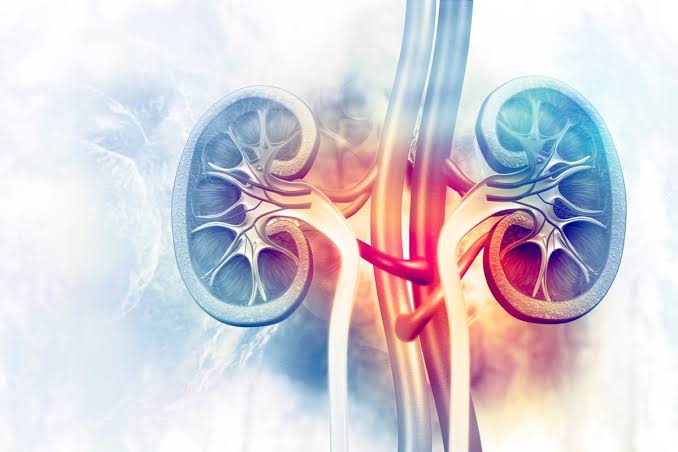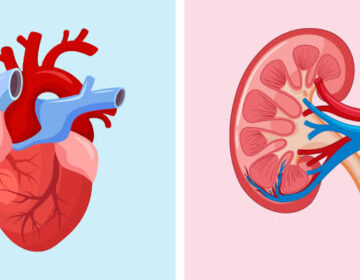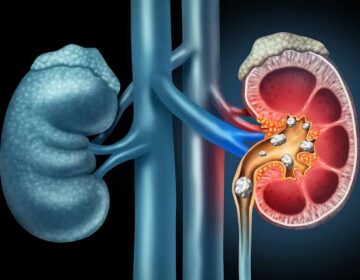Millions of kidney patients could benefit from early detection and prevention as a result of the breakthrough made by scientists at the CRCHUM.
In a groundbreaking achievement, researchers at the CRCHUM, the hospital research center affiliated with Université de Montréal, have identified a type of microRNA that can safeguard small blood vessels and help maintain kidney function following severe injury.
This discovery holds significant promise for the more than four million Canadians living with chronic renal failure, as well as millions of patients worldwide, by offering new possibilities for earlier detection and prevention of the disease.
Until now, there had been no dependable biomarker to assess the condition of these delicate capillaries or to guide targeted strategies aimed at protecting kidney function.
Discovery of miR-423-5p as a biomarker
Findings published in JCI Insight reveal that the microRNA known as miR-423-5p shows strong potential as a blood-based biomarker for evaluating kidney microvascular health.
The study was co-authored by Université de Montréal medical professors Marie-Josée Hébert and Héloïse Cardinal, who hold the Shire Chair in Nephrology, Renal Transplantation and Regeneration, alongside Hébert’s research associate Francis Migneault.
Their research focuses on the decline of peritubular capillaries, a key indicator of chronic renal failure.
These minute vessels, found in the kidneys by the millions, are responsible for removing waste from the blood while delivering oxygen and nutrients essential for kidney function.







